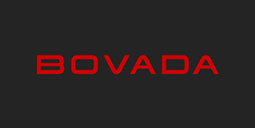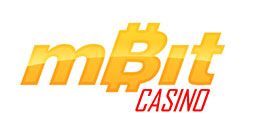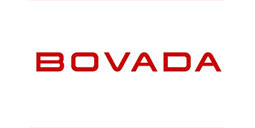“They subpoenaed everybody else and asked us to collaborate.”
Coming a day after it was first reported that a “wave of subpoenas” had been issued from the SEC within a broad investigation into ICOs, Cammarata’s statements are notable because they position the company as out of the effort.
The records, published this morning on the SEC’s site, describe an investigation that’s looking into if federal securities laws were violated as a member of their company’s $250 million initial coin supplying.
The chief in blockchain news, CoinDesk is an independent media outlet that strives for the highest journalistic standards and abides by a strict series of qualitative policies. Perhaps news or a story tip to send to our journalists? Speak to us at news@coindesk.com.
The president of Overstock’s tZero subsidiary has one simple message to communicate: “We have not obtained a subpoena.”
CoinDesk was advised by him:
“We are thrilled that the SEC is investigating these things,” he said.
However, for Cammarata, the choice to list the firm’s blockchain securities creates the supplying different.
Since public records Thursday demonstrated the e-commerce giant’s attempts to increase funding via an initial coin supplying (ICO) had drawn scrutiny from the SEC’s Division of Enforcement, Joseph Cammarata has been speaking out, attempting to put on the concept that Overstock is “willingly functioning” with authorities to comply with larger fact-funding about the funding mechanism.
Within an interview, Cammarata searched to further distinguish the Overstock evaluation from the SEC’s work along with other ICOs, describing how a series of other decisions the firm had made led to the various dynamic.
Published at Thu, 01 Mar 2018 19:00:15 +0000Overstock picture via Shutterstock
The reason for this distinction, according to Cammarata goes back into a conversation the regulator had had with executives at Overstock about the provider’s decision to submit the token issuance because of Reg. D exemption according to SEC guidance.
In spite of many other ICOs that have been notoriously opaque about their ICOs and the way the founders spend the money, filing under the Reg D exemption means an higher level of transparency is built into the process.
On the other hand, the fact that the analysis was being conducted by the Department of Enforcement can be notable, as the branch is involved in investigations generally only after the regulator explains more concrete concerns.
Overstock Defends tZero ICO: SEC Subpoenaed 'Everyone Else' - June 2025
EXPERTLY REVIEWED
MOBILE FRIENDLY
FAST PAYOUTS
- CasinoRatingBonusVisit Casino
Get your 100% Match Bonus up to $1000!
200% match bonus up to 2000
Up to 5 BTC
Get up to 1 BTC on First Deposit!
Get your 5 BTC Welcome Bonus
Bitcoin Current Price
Top Rated






Search
Casino List
- 7bit Casino
- Bovada Casino
- Bitstarz Casino
- Ignition Casino
- Sun Palace Casino
- Aladdin's Gold Casino
- Casumo Casino
- Lucky Red Casino
- Fortunejack Casino
- Mbit Casino
- Mars Casino
- Club World Casinos
- Slotocash Casino
- Drake Casino
- Grand Fortune Casino
- High Noon Casino
- Royal Ace Casino
- Cafe Casino
- Raging Bull Slots
- Oshi Casino
- Betchain Casino
- Casino Extreme
- Vegas Casino.io
- Bitcoin Penguin Casino
- Joe Fortune Casino







